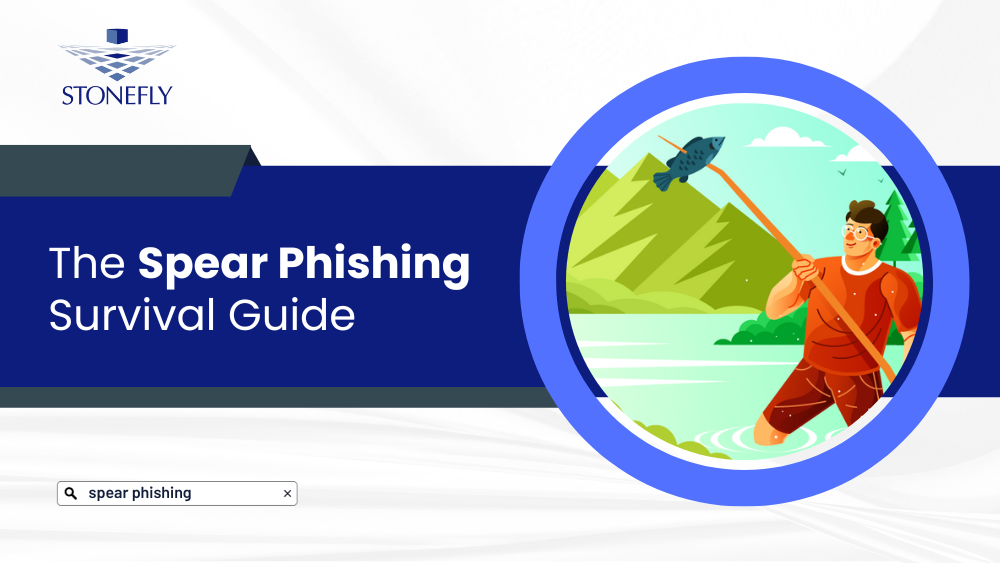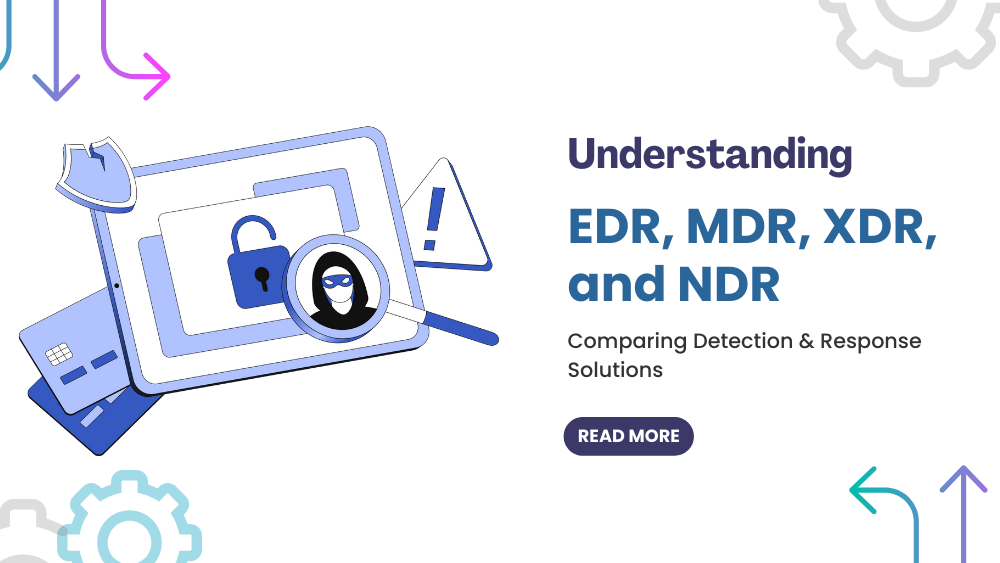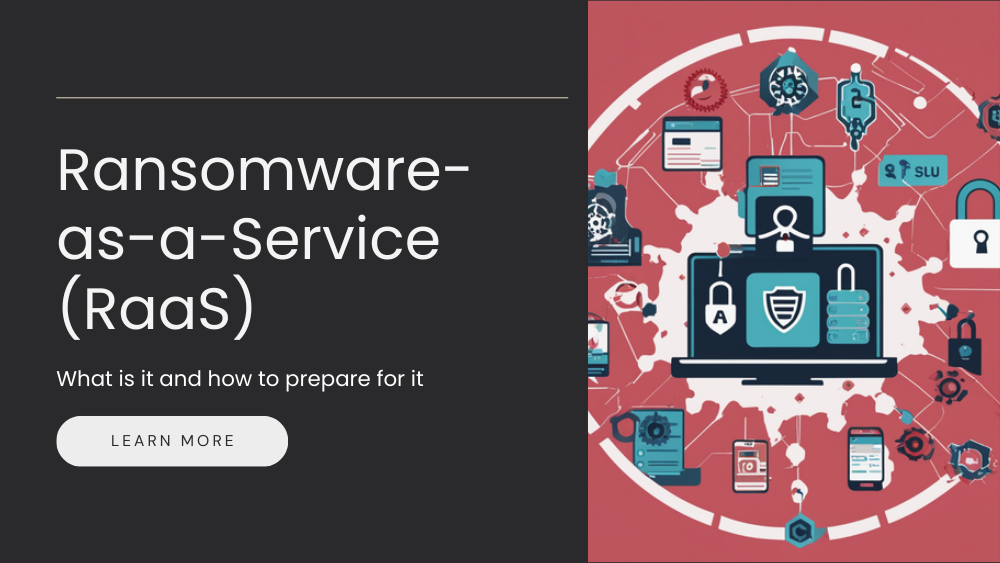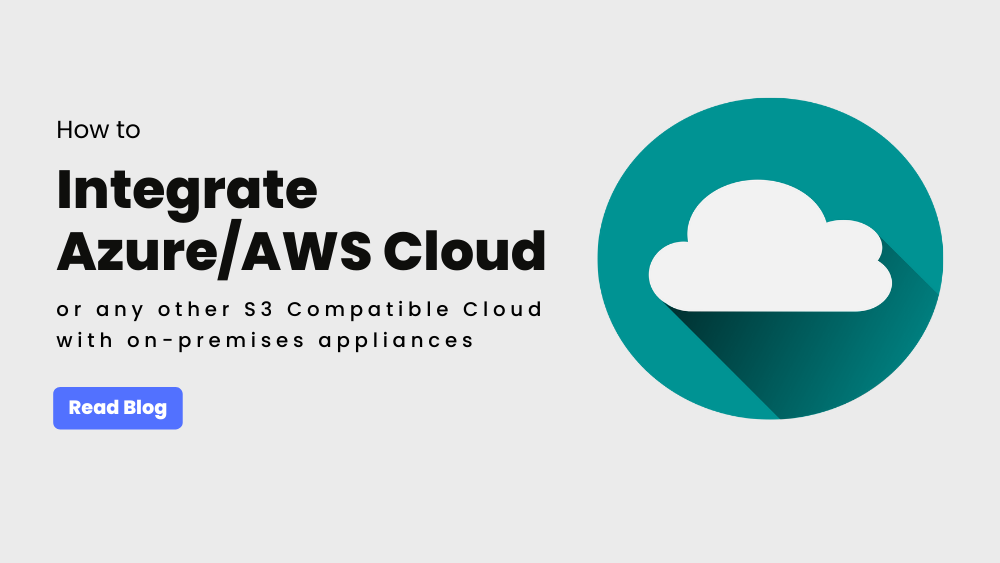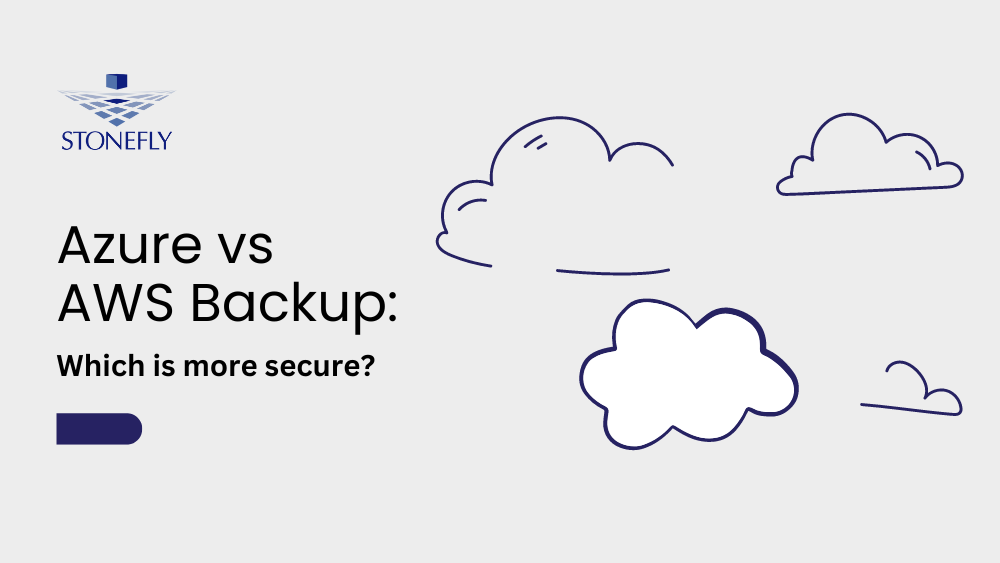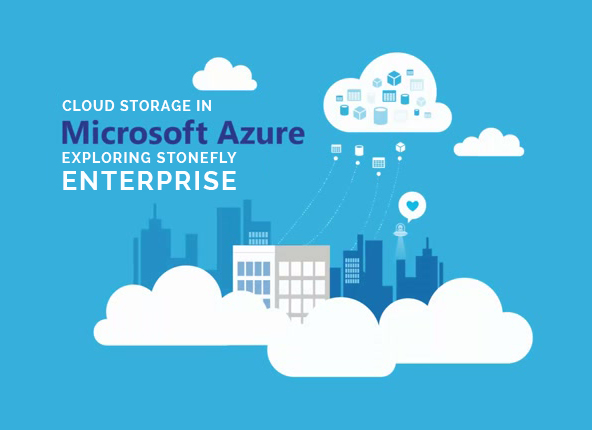Amazon has dominated the cloud market for several years, so much so that it had become synonymous with the term “Private Cloud”. However the trend is changing now and organizations are making progress towards cloud adoption. They are now keen to include more than one Cloud provider in their business strategy. The prominent names amongst these are Microsoft Azure, Google Cloud, IBM SoftLayer etc.
Security and compliance
Microsoft azure has a rich heritage of security and compliance. Working closely with the customers, it’s keen on incorporating their needs and requirements into the product over the years. From increasing management and resource agility to better connect business technology, it has covered a lot. Microsoft Azure also worked on simplifying IT and maximizing business investment through hybrid cloud. Risk mitigation while maximizing innovation has also been given due consideration. Shortly, it has diligently worked on needs as well as requirements of its customers.
Microsoft Azure Government customers require much more security and compliance as compared to Microsoft Azure Commercial. Microsoft Azure for the government has been evolving for years in terms of security and compliance and is now offering unrivaled leadership through its commitment to certifications. Microsoft Azure is compliant with a number of agencies having stringent qualification and validation processes like CJIS, ECSP, FedRAMP, HIPAA and IRS1075. In addition to having ATO from FISMA and FedRAMP, Microsoft Azure Government is the first and only hyper-scale cloud provider to meet state-by-state CJIS requirements for infrastructure and productivity in a unique and scalable way.
While rest of the cloud providers leave it to customers for addressing their concerns, Azure works with them to understand and address those; for example, certain security requirements change from state to state and Azure worked with each state to understand their unique requirements. Azure is aligned around all of the data gathered from compliance perspective.
Accessibility
When it comes to accessibility MS Azure government has stringent qualification and validation procedures making sure only the authorized persons access the sensitive data in cloud which include government customers, partners that provide services to government and non-government/federally funded agencies that have the requirement to control data.
Microsoft offers integrated compliance with office 365 and CRM. If you are using office 365, you can leverage file directory services in Azure and have that integrated into you cloud solution.
Azure is the global public cloud provider offering multiple Datacenter locations, 500 miles apart, for disaster recovery and the only one providing datacenter in East coast in proximity to Washington D.C. To optimize the security of datacenters, Azure has arranged for physical management and monitoring of the datacenter through video surveillance and even the staff do not have access to the data environment. Buildings of these datacenters have robust protection from earthquake and other unexpected disasters. Physical and logical security of the data centers has also been given due consideration where the network wires are encased in steel tubing.
Conclusion
Microsoft Azure is serving as a true hybrid platform acting between Azure, the customer and the service provider. This hybrid vision is needed in the future as a continued environment where the user can move to the cloud and also remain hybrid by staying on premises as required.



